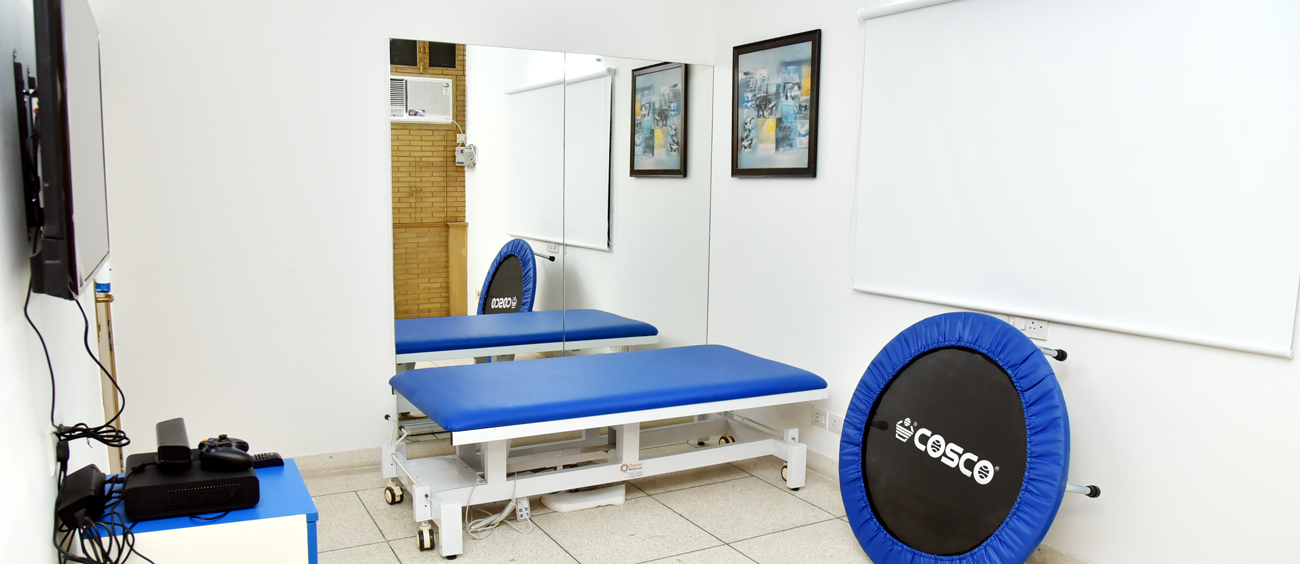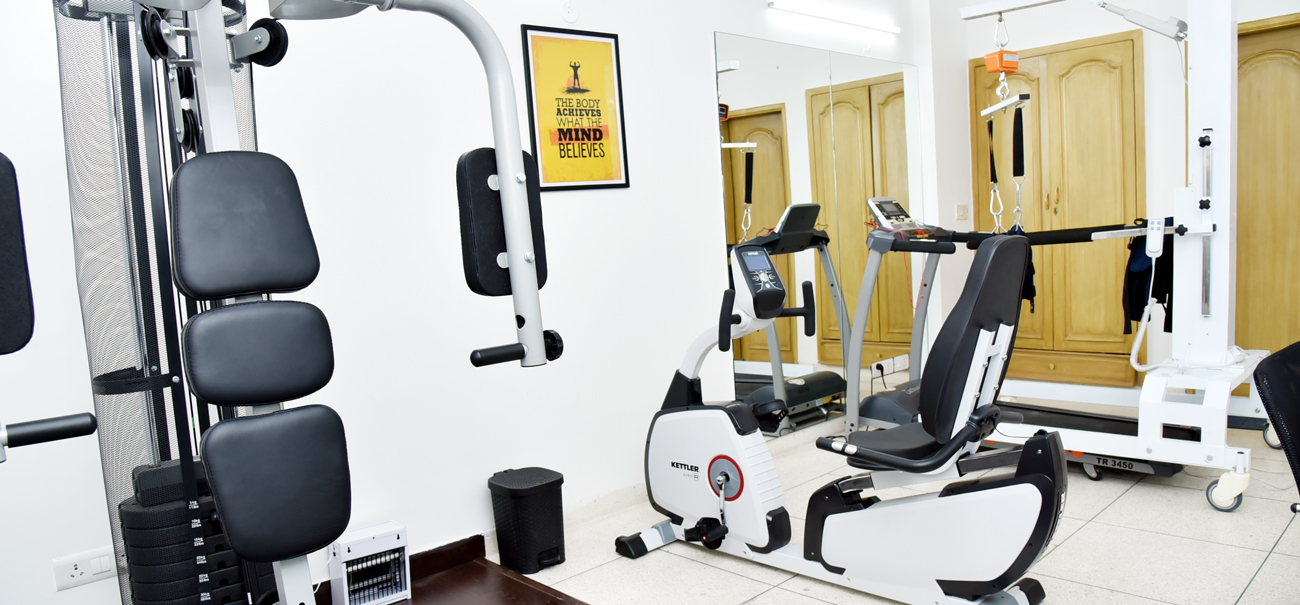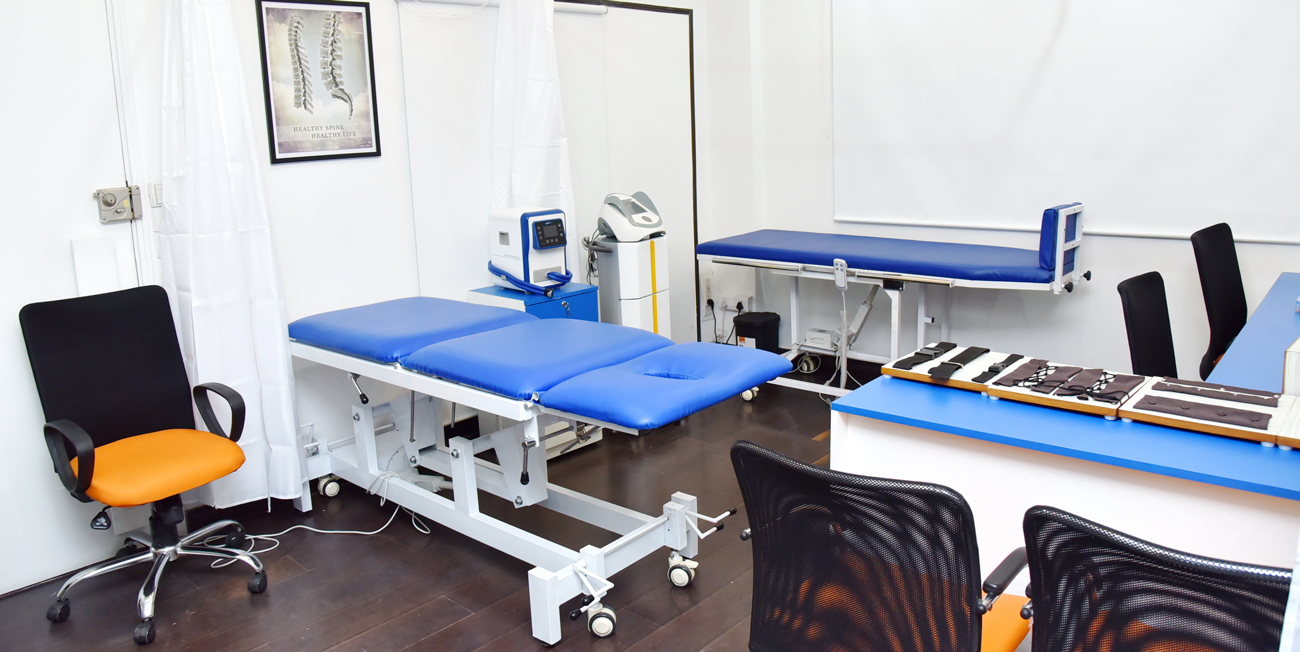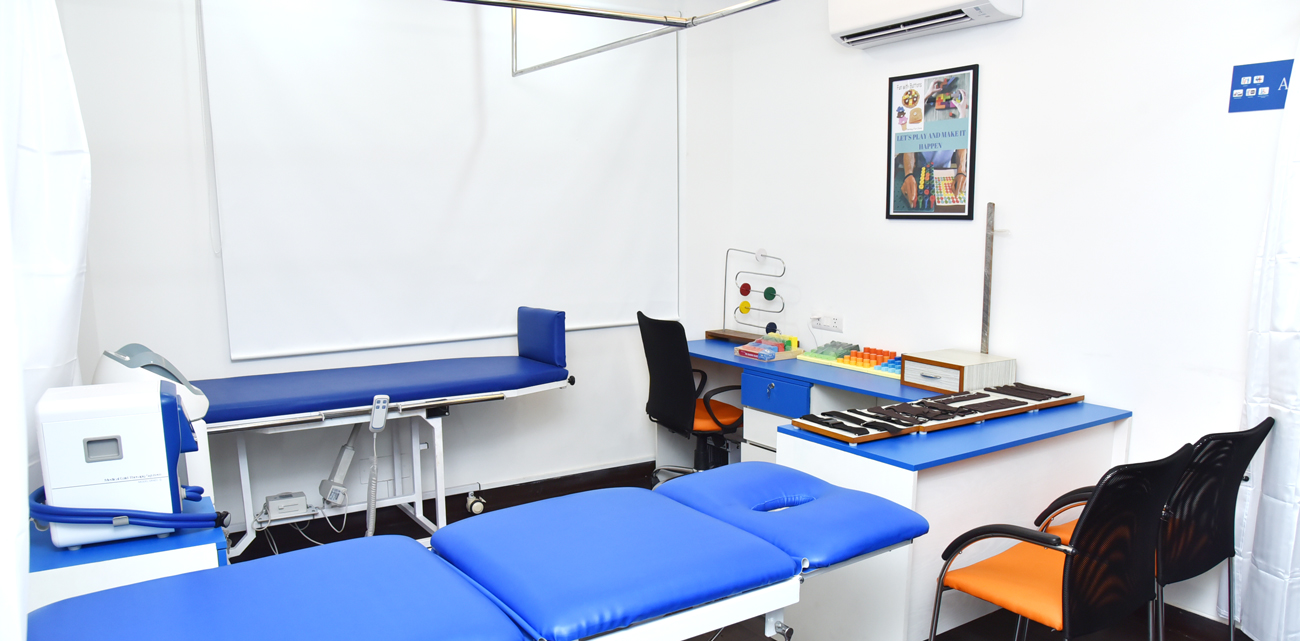What is Pulmonary Rehabilitation ?
Pulmonary rehabilitation is nowadays a recognized evidence-based therapy, which can be applied to patients with lung diseases who are symptomatic and have reduced activities of daily living, despite optimal medical therapy. Unlike most drugs, pulmonary rehabilitation does not target the lungs directly, but aims at reversing or stabilizing the extra-pulmonary effects of lung diseases.
Why pulmonary rehabilitation?
Rising air pollution in a metropolis such as Delhi is leading to rising incidences of chronic obstructive pulmonary disease (COPD) and other respiratory diseases in the population, India Spend reported on January 3, 2018.Due to rising pollution level in the city, around 10,000 people lead to the death prematurely each year ,reports latest researches.
Some of the major consequences of respiratory disease can be:
- Peripheral muscle dysfunction
- Respiratory muscle dysfunction
- Nutritional abnormalities
- Cardiac impairment
- Skeletal disease
- Sensory deficits
- Psychosocial dysfunction
Who can undergo pulmonary rehabilitation?
Patients with following conditions are appropriate candidates for PR:
- COPD
- Asthma
- Chest wall disease
- Cystic fibrosis
- Bronchiectasis
- Interstitial lung disease
- Lung cancer
- Selected neuromuscular diseases
- Post-polio syndrome
Perioperative conditions (thoracic or abdominal surgery, lung transplantation, lung volume reduction surgery).






